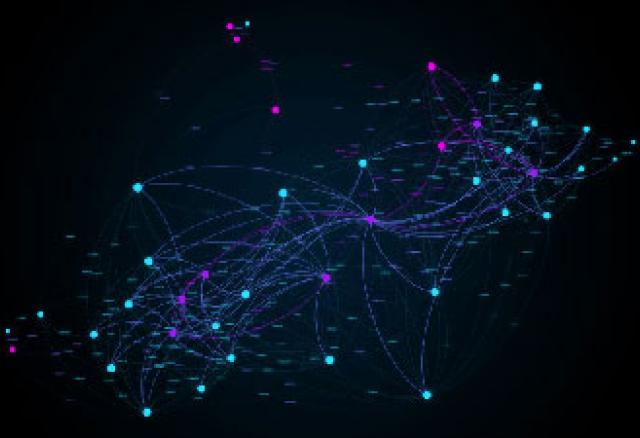Sliding Discrete Fourier Transform with Kernel Windowing
The sliding discrete Fourier transform (SDFT) is an efficient method for computing the N-point DFT of a given signal starting at a given sample from the N-point DFT of the same signal starting at the previous sample [1]. However, the SDFT does not allow the use of a window function, generally incorporated in the computation of the DFT to reduce spectral leakage, as it would break its sliding property.







